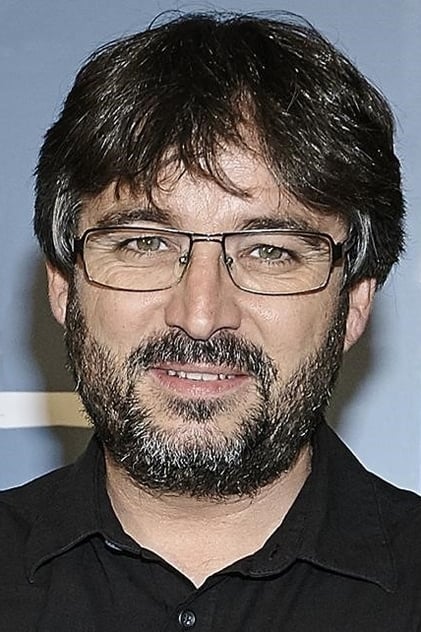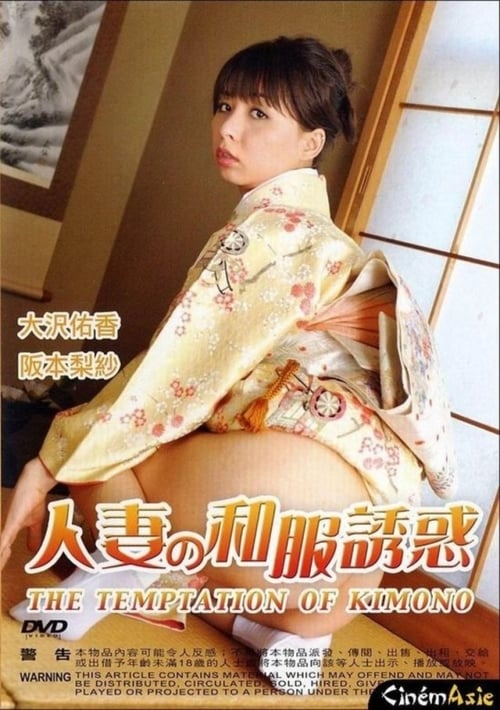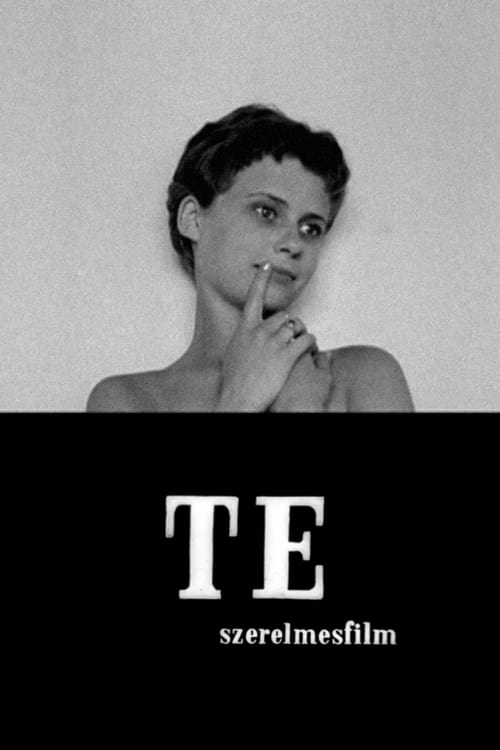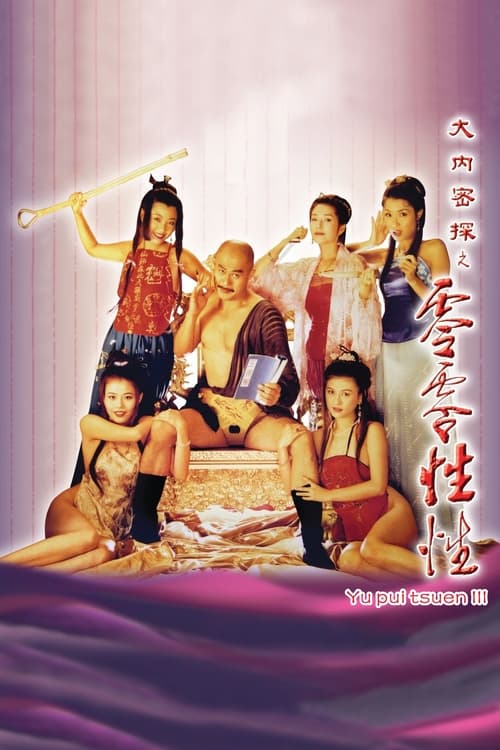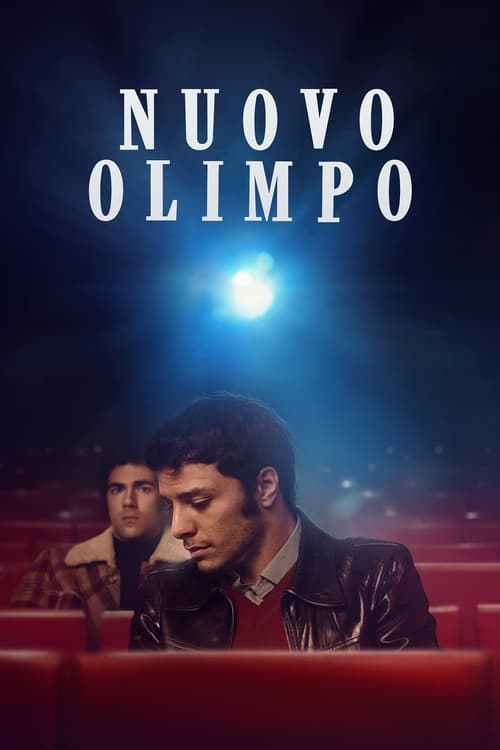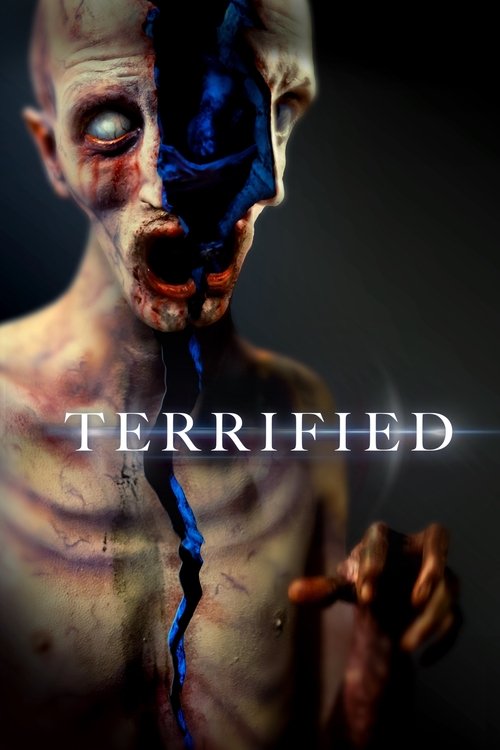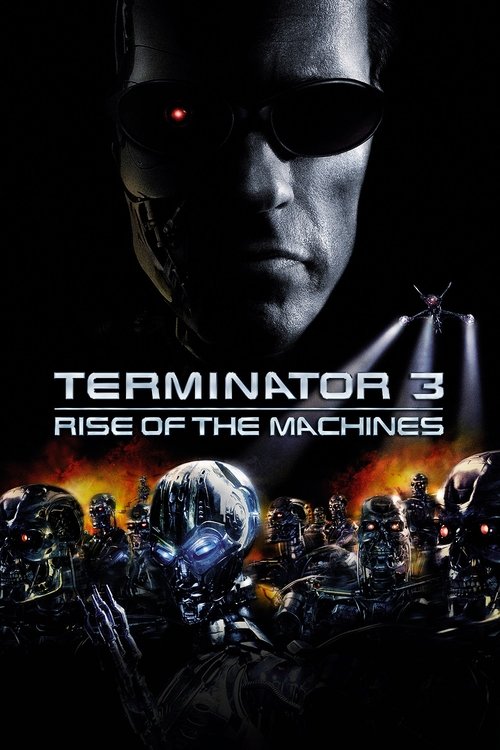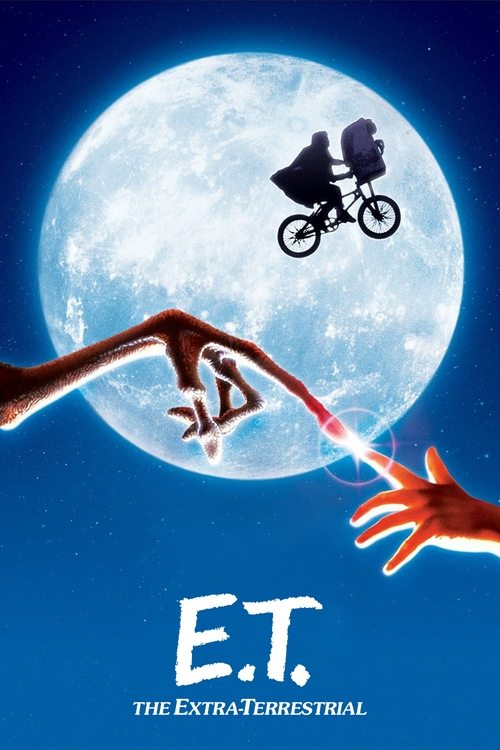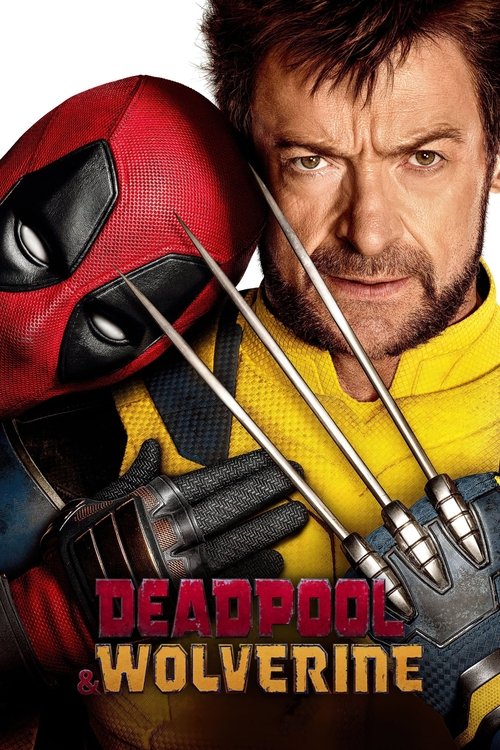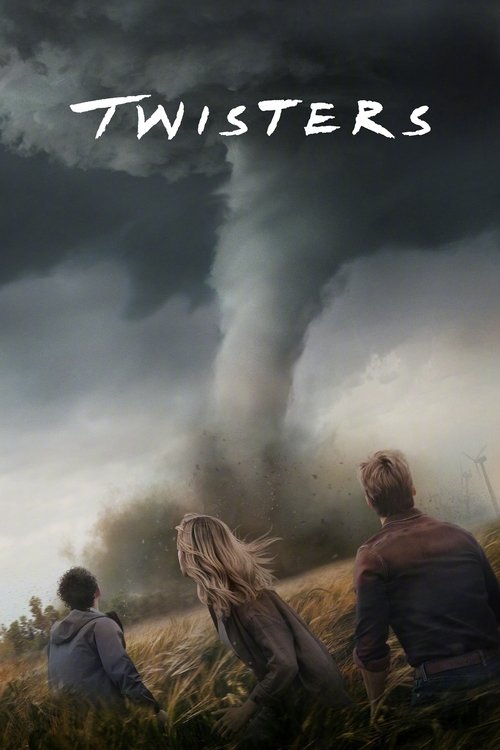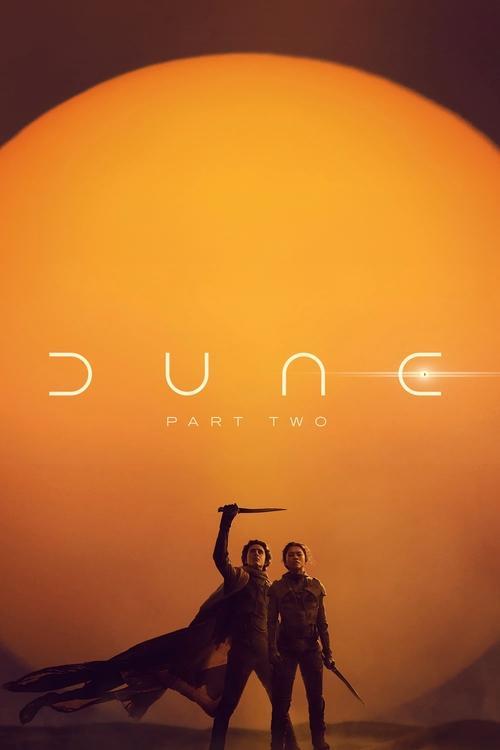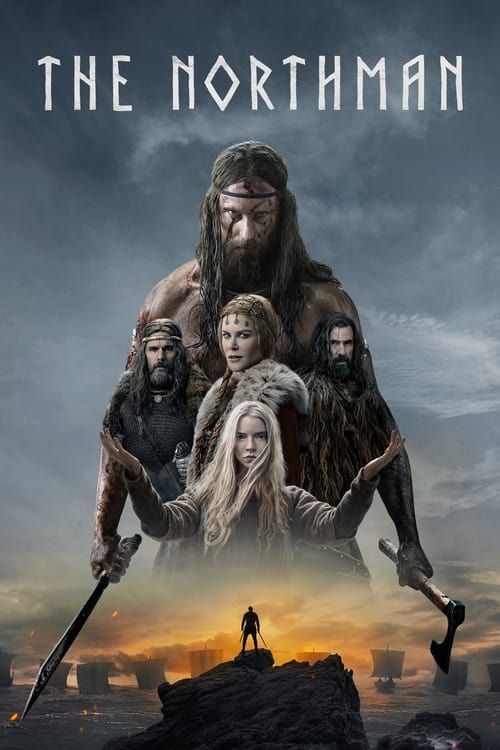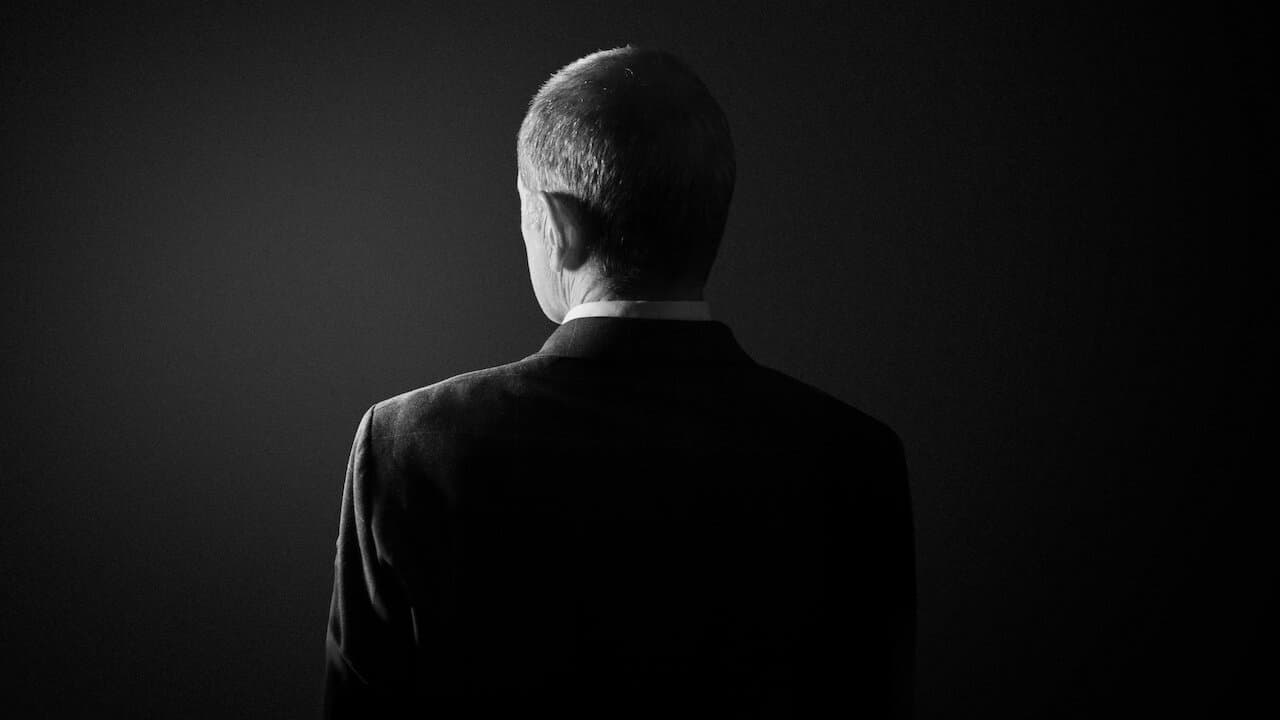
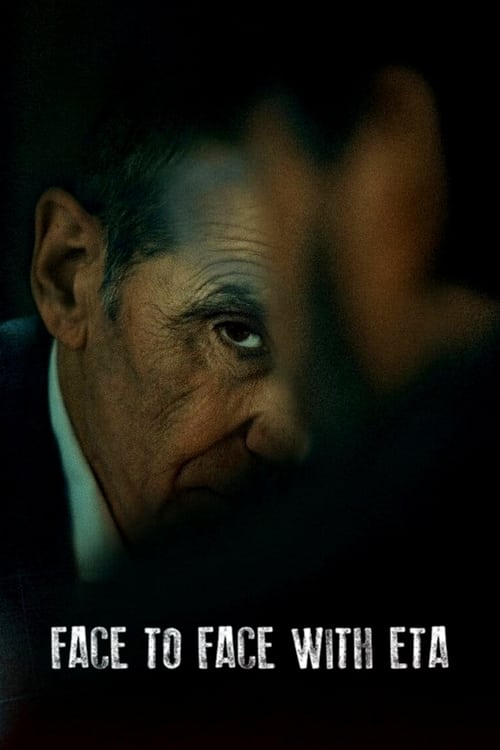
2023
·103m
Face to Face with ETA: Conversations with a Terrorist
Summary
An in-depth interview with José Antonio Urrutikoetxea, known as Josu Ternera, one of the most relevant leaders of the terrorist gang ETA.
Director, Writer
Màrius Sánchez
Director, Writer
Jordi Évole
Writer
Silvia Merino
Writer
Júlia Badenes
Writer
Adrià Attardi
Reviews
MovieGuys
January 6, 2024
This "documentary" in this reviewers estimate, takes a one sided look at the ETA as "terrorists". It largely ignores the brutality of the Fascist Spanish regime under Franco and often repressive attitude, towards Basque separatism, displayed by the democratic government of Spain.
Up until Ferdinand Franco's death the Basque people were repressed, as was Spain in general, under his Fascist regime, ushered in, with the aid, of Nazi Germany.
Spain was police state, where people could even be executed, using the cruel and antiquated garrote. Just look at the movie "Salvador", from 2006, to see how violent and generally repulsive, the regime in this nation was, even in the 1970's. The latter day democratic Spanish government has also responded, quite often, with repression and yes, state violence, against Basque attempts at separatism.
Its in this reality that groups like ETA came into being. Rather than balance the books by placing things in a broader context this interview seems to focus largely and narrowly on ETA as "violent". Cut scenes of menacing people in masks with guns and funerals for police officers, backed by ominous music, endorse this limited perspective.
Small wonder, I felt the interviewee start to come across as somewhat evasive. I would be too. The man never really gets a chance to tell his side of the story, in an open and meaningful way.
In summary, a documentary, that, in my opinion, is one side to the extent that it leaves little room for an open and frank discussion about ETA and Basque separatism, in the context of historical and contemporary Spain and its politics. A missed opportunity, to say the least.
